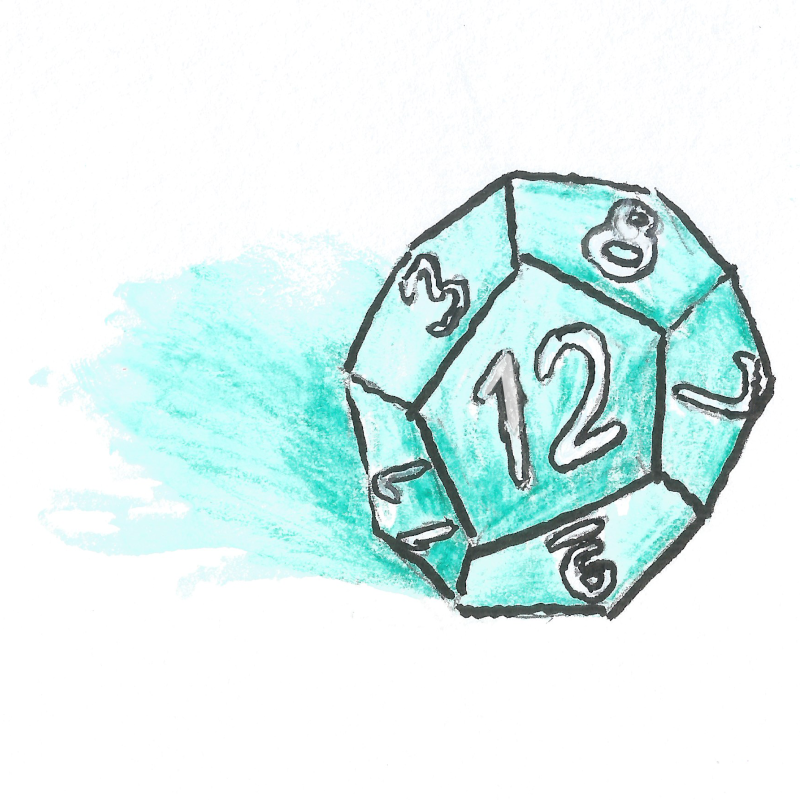When I was younger, I spent a lot of time planning D&D campaigns. I wanted to build complete worlds before I started running them, for a lot of reasons:
- I had moments of inspiration that I simply had to flesh out and get down on paper.
- Many people in our group had something we wanted to GM, and I wanted to earn the right to have my shot.
- Once I got in the coveted GM seat, I needed to prove myself. I couldn’t allow myself to fail, or I might lose that spot before the story was complete.
- If I’m honest, I think I dreamed of producing a published adventure or campaign setting ( which I’ve technically done now, I guess! )
That was two decades ago, and things have changed. I don’t think these were very healthy ways of looking at the hobby, and I’d like to talk about some ways I’ve grown in those years. Maybe it’ll be helpful for you young whippersnappers just getting into this hobby.
Not all details are usable
During my senior year of college, I started writing a campaign setting about a nation with a state religion which was made up of multiple orders and factions. I literally didn’t have a clue what the adventure was going to be, it was all theology and sociology. (I might actually have a few pages of notes floating around in my old D&D stuff.)
Now, this was probably therapeutic for me—in retrospect, I was going through some faith deconstruction after some bad experiences in church, and I was really engaged with an Early Church Fathers class I took at my Methodist college. Exploring the different ways one could think about faith was a helpful writing exercise for Past Dylan in his journey into Present Dylan. But I didn’t have even the beginnings of a campaign or adventure for my supposed “campaign setting”.
As a young and enthusiastic roleplayer, there are probably going to be some fantastic details that you absolutely have to get down on paper. As a GM they may not translate to anything you offer your players; as a player, they may not produce backstory that actually helps you engage with the GM or other players.
It’s good that you’re exercising your creativity, and that creativity has value even if it doesn’t translate directly to the table or GM prep. Knowing the difference can save you a lot of stress.
